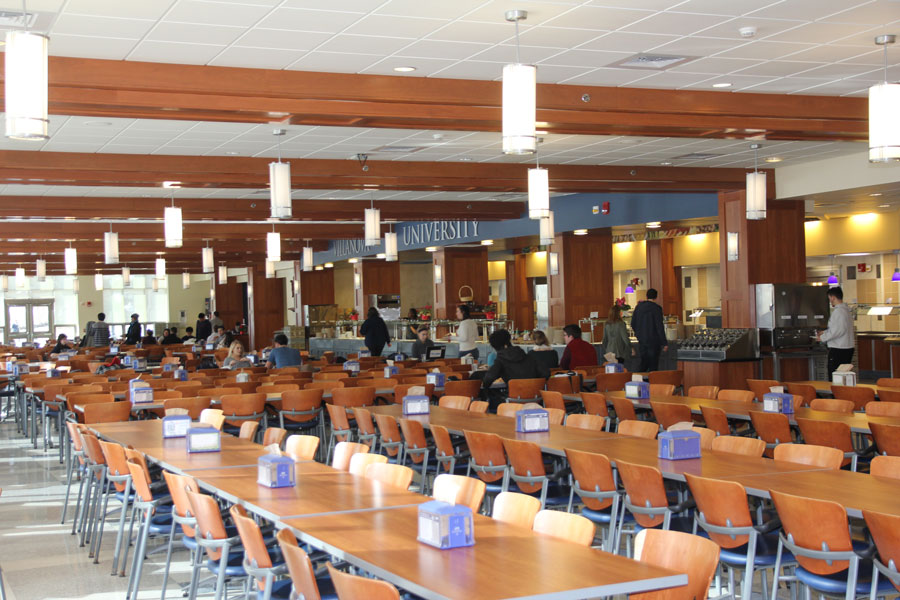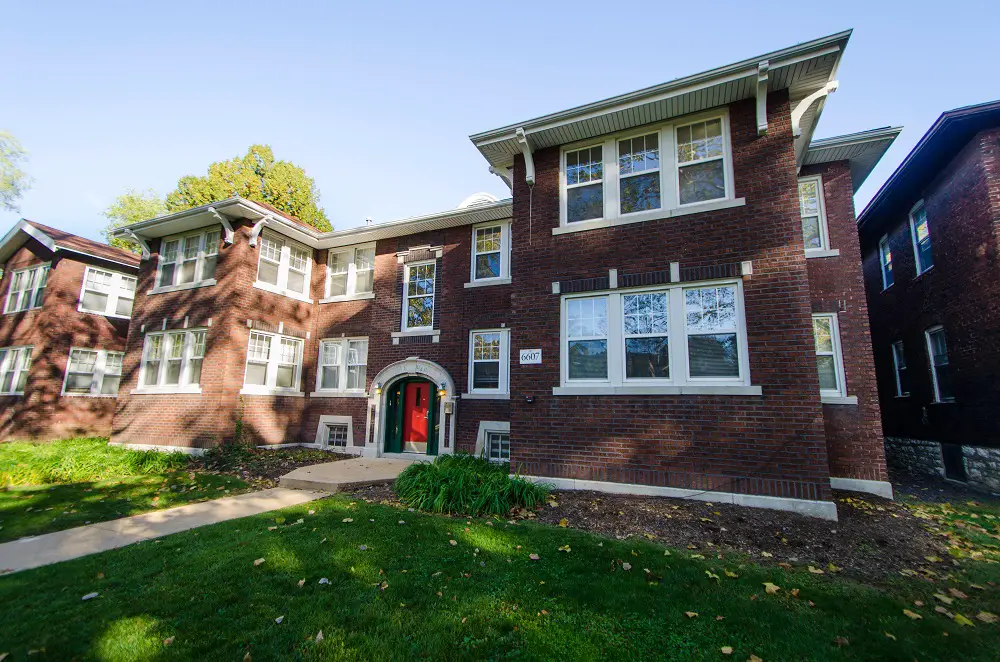Going to college comes with a lot of changes, and one of the biggest is moving away from home.
Most colleges offer on-campus dorms as an option for student, and these dorms are where most freshman choose to spend their first year. While the whole college experience can seem overwhelming, the dorms can make the transition easier. However, when it comes time to pick out housing for the following year, many students choose to leave behind the dorms and move off campus.
Depending on your situation, staying in the dorms another year may be your best bet, while for others moving off campus is just what the doctor ordered.
Shared Space
Freshman dorms come with their fair share of challenges and benefits. For some, it could be the first time sharing a room. Your roommate could be a complete stranger or best friend, but no matter the relationship, living in such close quarters can cause problems. If you are close friends with that person you may love it, or you could find yourself looking for time apart. Being friends in high school allowed you to both go back to separate homes at the end of the day. With your college roommate, it means going back to the same dorm, in the same room, with about five feet separating the two of you.
A random roommate can sometimes get rid of this problem, as you often don’t spend much time together outside the room. However, this can also cause problems, as you don’t know the person or their habits very well. No matter who you live with, sharing a small dorm room can be difficult at times.
Moving off campus can eliminate some of the problems sharing a dorm room causes. Many off-campus apartment offer floor plans to give each person their own room, but even if you opt to share a room, there is still much more space. Most apartments or houses also have a common area or living room, giving you more places to spend your time than just a bedroom.
Also, while many off campus apartments have great proximity to campus, they are still further away than a dorm would usually be, meaning less time to go back to the room between classes and during the day. That way both you and your roommates will not always be home, and you can get that alone time you may have missed out on while living in a dorm.
Eating
Living on campus usually means that you will also be using a campus dining plan. Most dorms don’t come with a kitchen, so unless you want to eat every meal from a mini fridge or microwave, the campus dining halls are where you will go.
Even the greatest on-campus food leaves many missing home cooked meals and their favorite comfort food. Students are at the mercy of the dining halls for what they will have for breakfast, lunch and dinner. Eating out at a restaurant is an alternative for those fed up with the dining halls, but, unfortunately, eating out every night is not cheap, and most college students are on a limited budget.

Once again, off-campus living provides a way around the food problem. Most apartments or houses come with a kitchen, where you can cook and store food. While you will now have the extra responsibility of buying, cooking and cleaning for yourself, it gives you the freedom to eat when and what you like.
Home-cooked meals are also on average much cheaper than eating out or buying a meal for somewhere else. For those uncomfortable with the responsibly of feeding themselves, most schools also offer an off-campus dining plan, giving students access to both campus dining facilities and their own kitchen.
Independence
Going to college and living on your own may seem like the most independence you’ve ever had, but students can still get fed up with the rules of dorm living. Every dorm has a resident assistant who enforces the rules of the dorm, such as quiet hours and when guests are allowed. There are also regulations on what you can hang on your walls, what you can have in the dorm and more. While all of these rules are necessary for the safety and happiness of the students living there, they can also get tedious.
Apartments and houses offer a more independent style of living for those tired of the rules of a dorm. In fact, parking and having a car at school will be much easier whether you drove there or shipped a car to college. There is no one to tell you how many guests you can have, what type of lightbulbs you have to use or how much wall space needs to be uncovered. As long as you are being reasonable, no one will report you for noise after hours. However, if you live in an apartment or rent a house, there are still people you can call with issues about you living space, giving you the perfect balance of independence and support.
It’s All About Preference
While it may appear as if moving off campus is the way to go, others love their dorm rooms and wouldn’t want anything to chance. Some schools require students to live on campus for a certain number of years, while others don’t even have enough space for all the students who do want to live in dorms.
The social life of the school should also play into a student’s decision on where to live. Some universities link dorm life closely with social events, while others find their social scene elsewhere. There are endless other specifics that depend on both the person and the school when factoring in where to live. Dorm living offers many perks, but also many problems that for many can be solved by simply moving off campus.

















